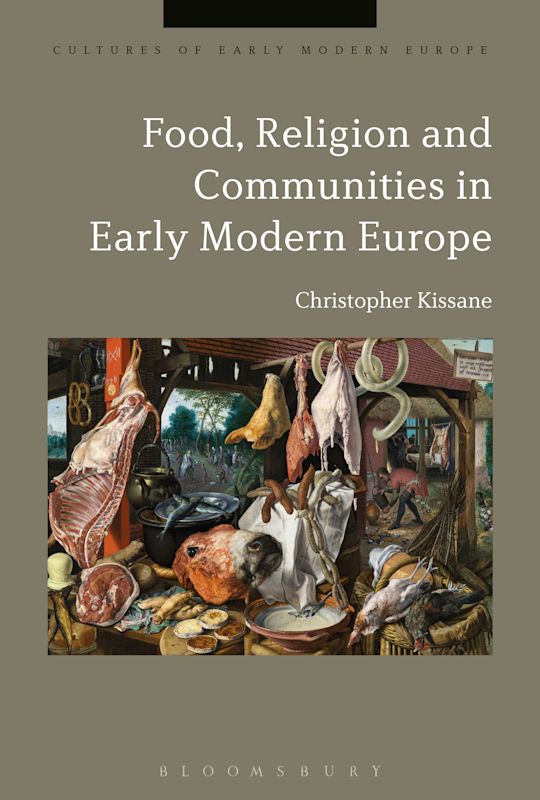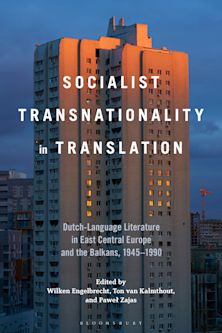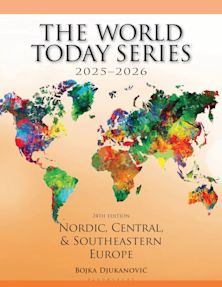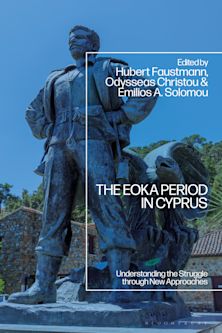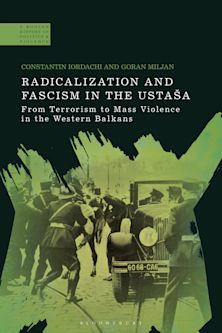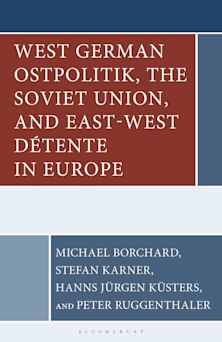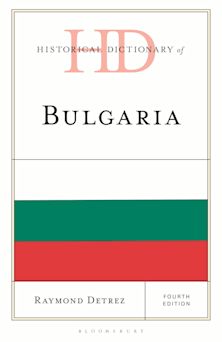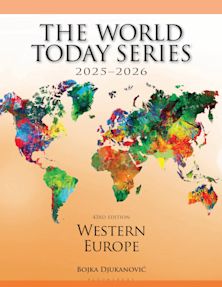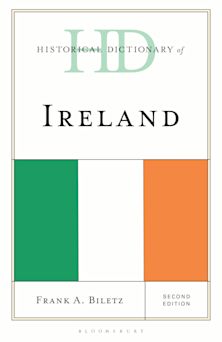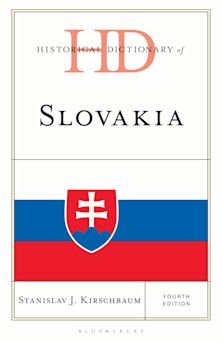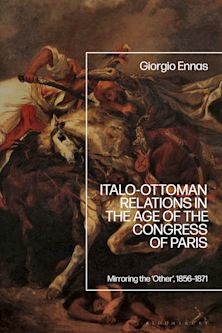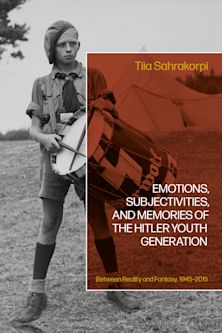- Home
- ACADEMIC
- History
- European History
- Food, Religion and Communities in Early Modern Europe
Food, Religion and Communities in Early Modern Europe
Food, Religion and Communities in Early Modern Europe
You must sign in to add this item to your wishlist. Please sign in or create an account
Description
Using a three-part structure focused on the major historical subjects of the Inquisition, the Reformation and witchcraft, Christopher Kissane examines the relationship between food and religion in early modern Europe.
Food, Religion and Communities in Early Modern Europe employs three key case studies in Castile, Zurich and Shetland to explore what food can reveal about the wider social and cultural history of early modern communities undergoing religious upheaval. Issues of identity, gender, cultural symbolism and community relations are analysed in a number of different contexts. The book also surveys the place of food in history and argues the need for historians not only to think more about food, but also with food in order to gain novel insights into historical issues.
This is an important study for food historians and anyone seeking to understand the significant issues and events in early modern Europe from a fresh perspective.
Table of Contents
List of Tables
Acknowledgements
List of Abbreviations
1. Introduction: Food and History
Part I – Food and Inquisition
2. 'The Foods of a Christian': Food, Religion and Inquisition
3. Kitchens and Neighbours: Food, Gender and Community in Inquisition Castile
Part II – Food and Reformation
4. 'The Eaters': Fast-Breaking Protest in Early Reformation Zürich
5. 'Sausage-Makers and 'Cheese-Hunters': The Cultural Context of Fast-Breaking
Part III – Food and Witchcraft
6. Dining with Demons: Food, Witchcraft and Evil
7. 'Plain Hunger and Necessity': Food, Fear and Community
8. Conclusions: Thinking about Food, Thinking with Food
Bibliography
Index
Product details

| Published | 14 Jun 2018 |
|---|---|
| Format | Ebook (PDF) |
| Edition | 1st |
| Extent | 240 |
| ISBN | 9781350008472 |
| Imprint | Bloomsbury Academic |
| Illustrations | 23 b/w illustrations |
| Series | Cultures of Early Modern Europe |
| Publisher | Bloomsbury Publishing |
About the contributors
Reviews
-
This book will be useful to researchers interested in early modern European culture, and it is written in a style that is accessible to undergraduate students, rendering it amenable for classroom use, as well.
The Historian
-
[A] wide-ranging and fascinating book that succeeds in providing new perspective on familiar events in European history. One of Kissane's key achievements is demonstrating the ways in which foods and food practices are constitutive and illustrative of religious and gender boundaries. This work is also highly readable and could easily be incorporated into undergraduate teaching.
American Historical Review
-
[Provides] a compelling and readable analysis of the myriad ways in which it is near impossible to understand any aspect of human existence, lived religious beliefs included, without reference to the most fundamental of human activities: eating.
English Historical Review
-
An engaging and informative book that introduces readers to the significant role of food in the social and cultural history of early modern Europe ... its greatest accomplishment is to show how food practices cast light on religion, community, and gender as they were woven into the ordinary daily activities of early modern Europeans. Its readable and engaging style will be of great value in the undergraduate classroom, while its sophistication and scope will appeal to advanced scholars.
EuropeNow Journal
-
The stories in this book, with their wealth of fascinating details, illuminate, with nuance, every aspect of the societies from which they come.
Heythrop Journal
-
This elegantly written, thoughtfully structured book examines food's fundamental role in early modern religious belief, identity, and community.
Cultural and Social History

ONLINE RESOURCES
Bloomsbury Collections
This book is available on Bloomsbury Collections where your library has access.









